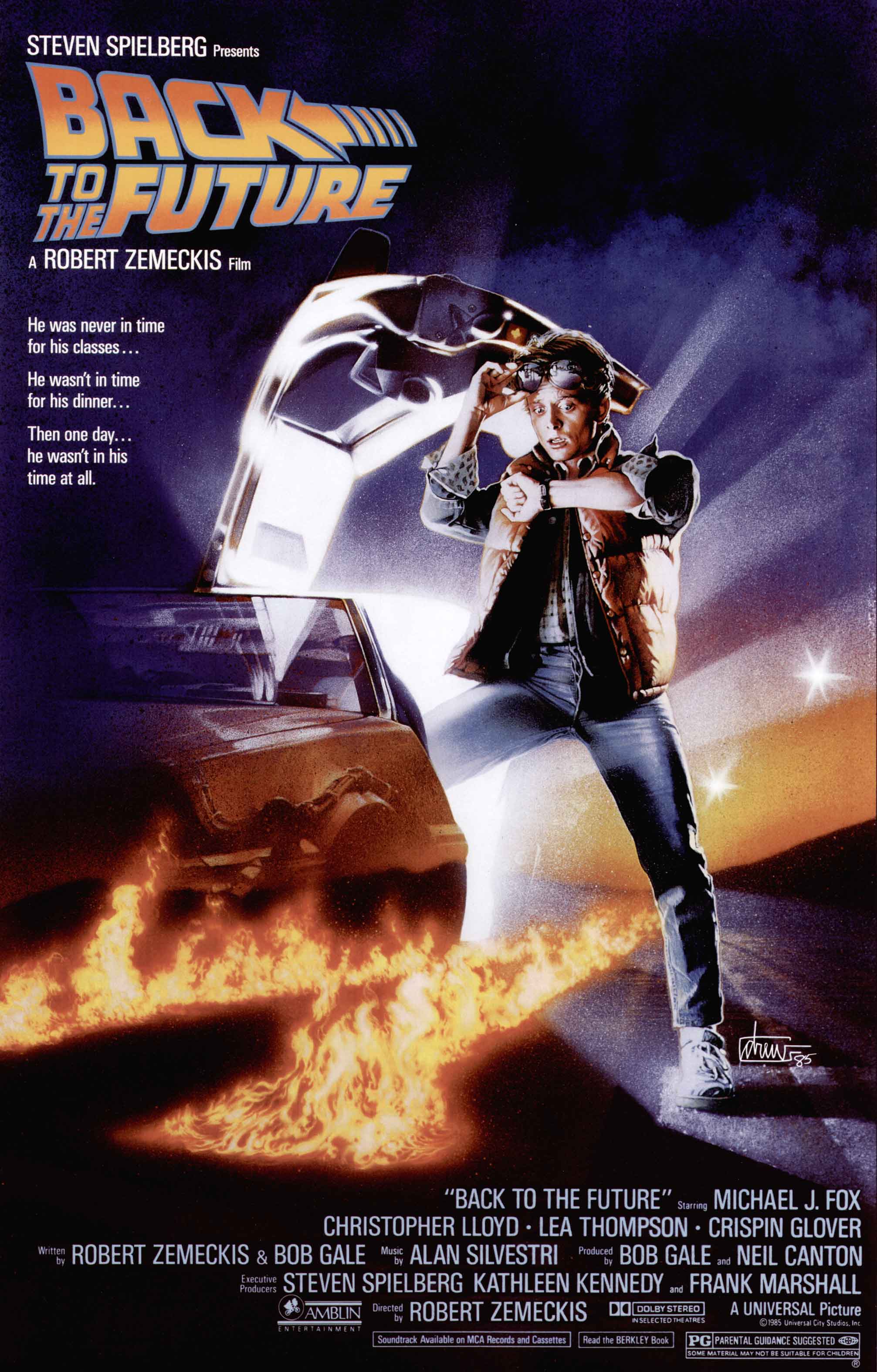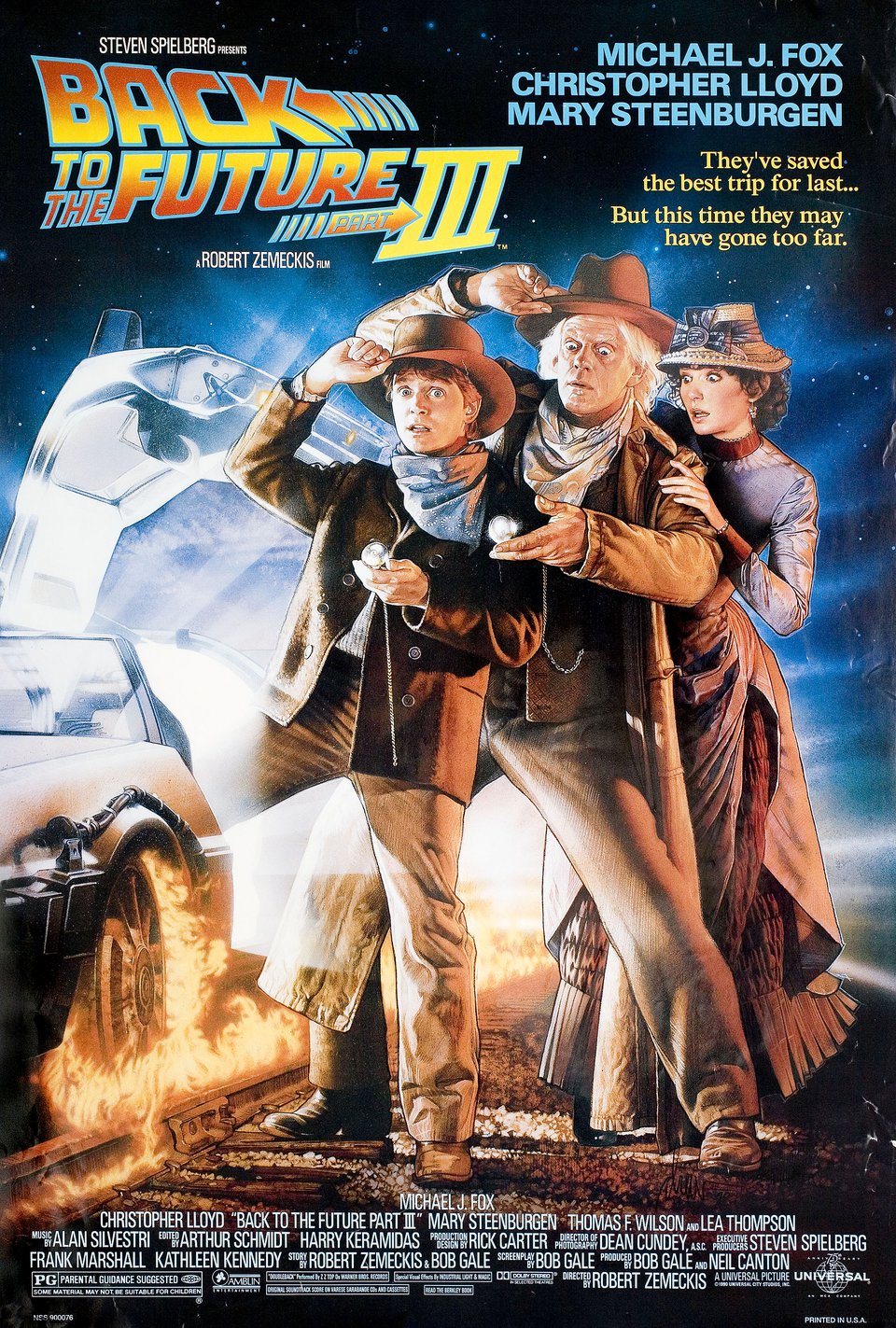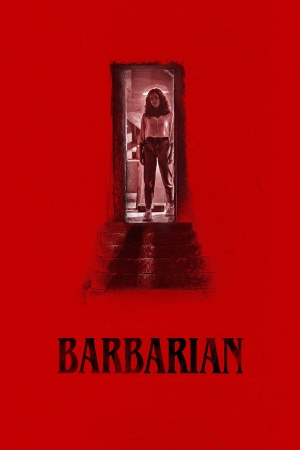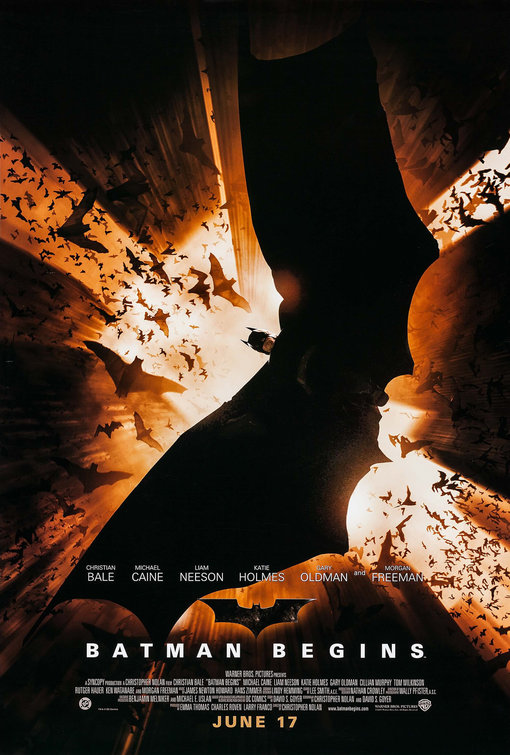dir. Alejandro González Iñárritu
Four stories sprawled across Morocco, Mexico, Japan, and a pocket of the States—linked by a single rifle and a handful of people who should’ve known better. Each piece, taken alone, holds its tension: well-acted, sometimes uncomfortably raw. Stack them together, though, and the film keeps elbowing you to see a grand design that mostly circles one idea: make trouble, spend the rest of your days patching up the damage. The strongest crackle comes from Morocco. Two restless shepherd boys test their aim on a passing tourist bus and shred an American couple’s vacation in a heartbeat. Cate Blanchett leaks away her color on a dusty rug while Brad Pitt, hair flecked with gray and every bit the haggard husband, tries to summon help from a village that barely has aspirin. Back in California, their housekeeper Amelia (Adriana Barraza, aching with quiet worry) does the unthinkable because she has no real choice—she takes their kids to her son’s wedding across the border. By the time the dust settles at the border, she’s left holding the blame for choices that were never really hers. Across the world in Tokyo, a deaf teenager (Rinko Kikuchi, impossible to ignore) staggers through grief, raw hunger for connection, and the kind of reckless acts that fill the void for a while. Her father’s old hunting trip gifted that rifle to a Moroccan guide, which technically ties it all up, though the film barely cares if you catch the connection. Iñárritu steers it with the hushed intensity of a man convinced he’s solving humanity: scratchy news footage, police raids, satellite calls pinging across time zones. It’s gripping in flashes, but the big message slips away: a swirl of misunderstandings that, when boiled down, says only this—don’t hand your rifle to just anyone, pay attention to your children, and remember: most tragedies need no cosmic plan, just poor judgment and bad timing.
Starring: Brad Pitt, Cate Blanchett, Gael García Bernal, Rinko Kikuchi, Adriana Barraza.
Rated R. Paramount Vantage. USA-Mexico. 143 mins.
































